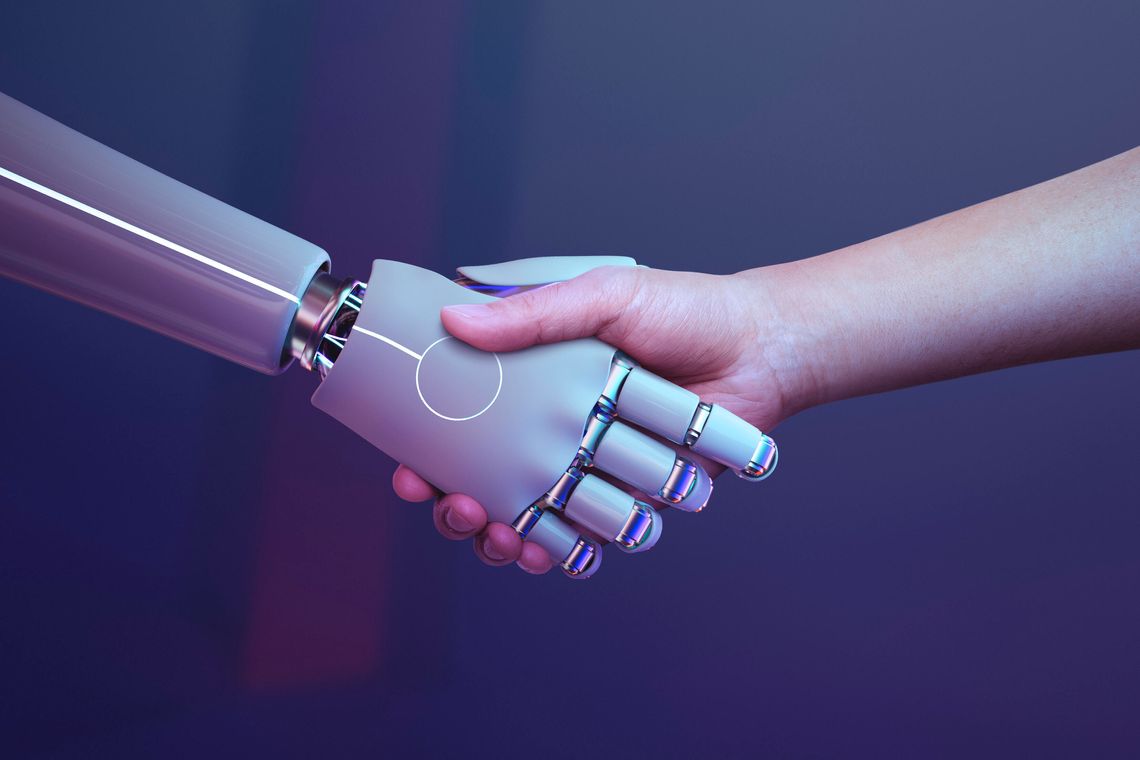Last week, I shared a few of my reads thus far this year. They were all fiction.
This week, I find myself wrapped in a non-fiction read— the notions in which are well worth our contemplation,
In “The Future is Analog,” journalist David Sax offers a compelling case for ditching our screens and rediscovering the richness of physical, real-world experiences.
Published in 2022— on the heels of the pandemic and in the early days of AI’s takeover of the internet— “The Future is Analog” argues for a digitally minimal path forward.
According to Sax, the most fulfilling moments in life—sharing a meal, playing music, hiking a trail—happen in the flesh, not over Zoom or through a touchscreen.
His book champions a return to an in-person world. And in many ways, I agree with him.
Life is better offline. It is better when lived in community, away from pings and pixels. The future we long for can’t be downloaded. But where Sax and I part ways is in the way we get there.
He suggests we re-analog our lives by going back to offices and classrooms—as though physical connection must remain tethered to the structures we knew pre-pandemic.
But why limit ourselves to cubicles and lecture halls?
If used wisely, remote work and digital tools can enable more analog experiences, not fewer. If we use digital systems to handle the mundane and repetitive, we free ourselves to pursue richer, more human interactions elsewhere.
Sax is right to critique the dullness of remote school and work during the pandemic though.
Those long days on Zoom were draining and isolating, but the pandemic wasn’t a fair trial run.
It forced every part of life online at once. We weren’t just working from home—we were doing everything from home.
Now freed from those constrictions, technology can serve as a tool that clears space for more real-world engagement, not as a replacement for it.
Take education, for example.
Recent research from UC Berkeley argues that online learning could be the key to the individualized education students have long needed.
Many believe online platforms can handle lectures and assignments, freeing teachers to focus on tutoring, mentorship and one-on-one support.
The key, though, is accountability—not surveillance. I see it with my online students at the university.
They still need someone to check in, teach them and walk them through the work.
This same flexibility holds true for work.
Remote jobs, often painted as isolating, have in fact allowed many to have more in-person interaction, not less.
The liberty of not being chained to a desk can free up more time for rich, analog moments made possible because of online work.
Sax also points out the hollowness of much of our tech, and he isn’t wrong.
We don’t need a smart fridge or an AI life coach. Social media, in many ways, has eroded community.
Rather than reject technology outright, let’s use it for what it’s good at: logistics, communication, administration— the parts of life that are transactional.
That way, we can reserve our energy, our presence, our attention—for the parts of life that matter. For family, art, worship, friendship, love.
I agree with Sax, the future may be analog— but it might just take some smart digital tools to get us there.
Austin Lewter is the owner and publisher of the Whitesboro News-Record and director of the Texas Center for Community Journalism. He can be reached at [email protected].

